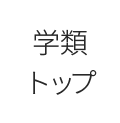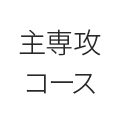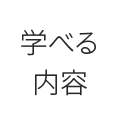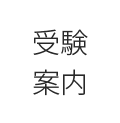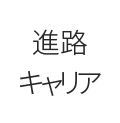日本史学コースとは?
大学で学ぶ日本史学
大学入学までの日本史は、しばしば暗記科目といわれることがあります。そして、試験のときの正答は一つだけだと思います。
それに対して、大学で学ぶ日本史学では、クラスの全員に一律に覚えてもらうような知識というものは一つもありません。4年間の授業を通して、各自の問題関心に即した研究課題を立て、それぞれの課題にふさわしい史料調査の方法を身につけ、史料に批判と独自の解釈を加えて獲得した各自の見解を、集大成としての卒業論文にまとめてもらいたいと思います。本学ではグローバル人材の養成を目標に掲げていますが、日本史学に関しては日本において研究を極めることが世界で通用するグローバル人材を養成することにほかならないと考えています。
私は3年生になるときの専攻・コース決定届に、その理由を以下のように書きました。
ハーバート・ノーマンの次の言葉をもってそれに代える。「歴史は微妙で複雑な学問であるから、これを粗略に扱うときは必ず人を落し穴に陥れるものである。それゆえ国民が自国の歴史を正しく理知的に認識していることはきわめて大切である」(『 ハーバート・ノーマン全集』第4巻、1978年、岩波書店 )。
筑波の地でともに日本史学を創造していこうとする学生がコースの扉を敲いてくれることを願っています。
教授[日本近現代史、思想史・史料学]中野目 徹
授業科目の一例
- 日本史概説
- 日本史史料学
- 日本史特講
- 日本史演習
- 日本史実習
- 日本史研究
授業紹介
- 日本史学を体系的に学ぶ
- 本コースでは、日本史学を体系的に学べるように授業が組み立てられています。まず「概説」で基本的な知識を身につけたあと、「史料学」で実践的な史料の読み方を習得します。それを踏まえつつ、専門的な研究方法に触れるのが「特講」、史料の読解に自ら取り組み、他の学生と議論するのが「演習(ゼミ)」です。さらに、歴史の現場を訪れる「実習」もあります。こうした段階的学習のうえに卒業論文の執筆があります。
先輩たちの卒業論文
- 律令国家による僧尼統制の特質と展開
- 古代地方社会における「郡雑任」の構成と役割
- 9世紀における交易管理と唐物
- 検非違使庁と京内の秩序維持活動
- 田口卯吉の思想
- 日露戦後・大正期の日本外交と石井菊次郎
- 昭和戦時期における思想統制と特高警察
- 戦後における宮内省改革
所属教員紹介
| 教員名 | 職階 | メッセージ | |
|---|---|---|---|
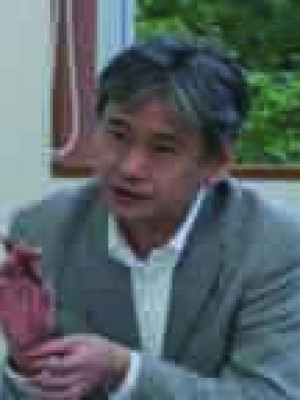
|
中野目 徹Toru Nakanome | 教授 | |
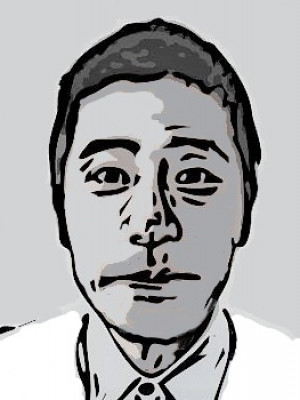
|
三谷 芳幸Yoshiyuki Mitani | 教授 | |
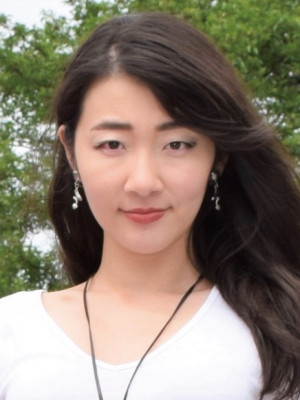
|
田中 友香理Yukari Tanaka | 助教 |
コースの声

卒業生工藤 弦
高校までの「日本史」と、大学以降の「日本史学」の違いを、皆さんはどのように捉えていますか?よく言われることですが、高校までの「日本史」は「個別の知識の暗記」だ、というのが多くの人が抱くイメージだと思います。
これに対して、大学で学ぶ「日本史学」とは「学問的な方法を体系的に学んでいく営み」と言えるのではないか、と私は考えています。
日本史学コースにおいては、「概説」科目でその方法論の基礎と呼べる部分を、また、「日本史学」の基礎となる「史料」をいかに扱うか、どう「読む」かを「史料学」で学びます。そして、第一線で活躍されている先生方の研究の事例から学ぶ「特講」、あるいは実地でのフィールドワークを交えて行う「実習」という授業があります。
こうしたものを踏まえた上で、各自が課題を設定し、それに応じた方法を考え、立論していく営みが「演習」です。これはいわゆる「ゼミ」と呼ばれるもので、日本史学コースの中核とも言えるものです。各自でテーマに即してテクストの読解や史資料の蒐集などを行い、レジュメを作って発表をし、質疑応答が行われます。こうしたことを踏まえて「卒業論文」の執筆を行っていくことになるのです。
日本史学コースは、以上のような経験が積める上、大学内外の多数の人々との出会いがあります。皆さんもぜひ日本史学コースで学びませんか?
About the Japanese History Course
Learning Japanese History at University
For Japanese students, Japanese history prior to entering university is one of those rote memorization subjects. Tests tend to have just one correct answer.
In contrast, when learning Japanese History at the university, there is no single piece of information that the entire class must memorize. It is my hope that, through four years of classes, each student will pursue a research topic that matches their own interests, learn how to conduct research using historical documents appropriate to their chosen topic, and write a graduation thesis as a culmination of the findings they have acquired through criticism and original interpretation of historical documents. The goal of the University is to foster global talent, and when it comes to Japanese History, I believe there is no better what to do this than having students master research in Japan.
When declaring my major and course as a third year student, I wrote down the following reasons.
--The following words from Herbert Norman serve as my reason. History is a delicate, complex subject, and always leads to pitfalls when not handled properly. Therefore, it is very important that citizens have a correct and intellectual understanding of the history of their own country. (Complete Works of Herbert Norman. Volume 4. Iwanami Shoten, 1978).
I hope students interested in creating Japanese History together in this land of Tsukuba will knock on the door of this course.
Modern Japanese History/The History of Thought/Historiography Professor Toru Nakanome
Example of Subjects
- Introduction to Japanese History
- Japanese Historiography
- Special Lecture on Japanese History
- Japanese History Seminar
- Japanese History Practicum
- Japanese History Research
Course Introduction
- Systematic study of Japanese history
- Classes in this course are designed to provide a systematic study of Japanese history. After first acquiring basic knowledge with the “Introduction” class, students will learn how to interpret historical documents in Historiography. Based on this understanding, students will then be exposed to specialized research methods in the Special Lecture, then work on reading historical documents themselves in the Seminar. Students will then write a graduation thesis based on this step-by-step learning process.
Senior Graduation Thesis
- Position of Official Monks in the Ritsuryo System
- Control of Ancient Tohoku and the Eastern Lands
- 9th-Century Trade Management and Chinese Goods
- Hiroyuki Kato's Nationalist Ideology
- Tetsujiro Inoue's Theory of National Morality After the Russo-Japanese War
- Regional Political Structure During the Taisho/Early Showa Period
- Post-War Reform of the Department of the Imperial Household
Faculty Members
| 教員名 | 職階 | メッセージ | |
|---|---|---|---|

|
中野目 徹Toru Nakanome | 教授 | |

|
三谷 芳幸Yoshiyuki Mitani | 教授 | |

|
田中 友香理Yukari Tanaka | 助教 |
Student Voices
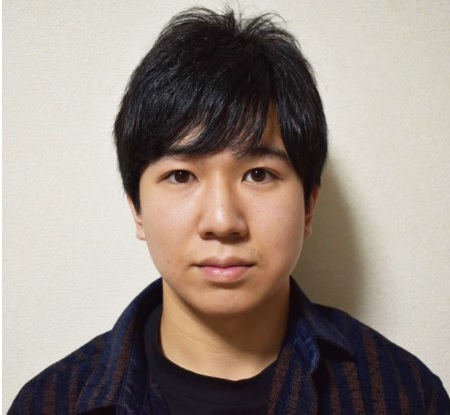
4th yearErika Araki
I’m sure many of you think of history as one of those subjects involving mostly rote memorization. Part of the reason for this is because History as a subject on entrance exams requires a great deal of memorization. However, studying Japanese history at the University is not about memorizing historical names and events.
History is a discipline that interprets events of the past. Those studying history consider the background, meaning, and aftermath of a historical event, based on reading historical documents. The knowledge acquired up until high school are dots, and University-level history means connecting those dots. Even today, history textbooks continue to undergo revision. This, perhaps, is an indication that what is written in textbooks is just one interpretation, and that there are no absolutes in the interpretation of history, even today. Students at university will go from a single interpretation of Japanese history that they must memorize to learning how to read historical documents and construct an interpretation of Japanese history for themselves.
In history, students are asked to collect and interpret historical documents, then analyze history in a logical way. Logic must be carefully constructed and refined to a level where "it can only be interpreted this way", rather than "it could also be interpreted this way". This may feel tough, but I believe the ability to examine and argue with historical documents directly is a skill that will be of use regardless of what career path you choose. The magic of studying Japanese History at University lies in the fun of interpreting for yourself the historical events learned in high school.
